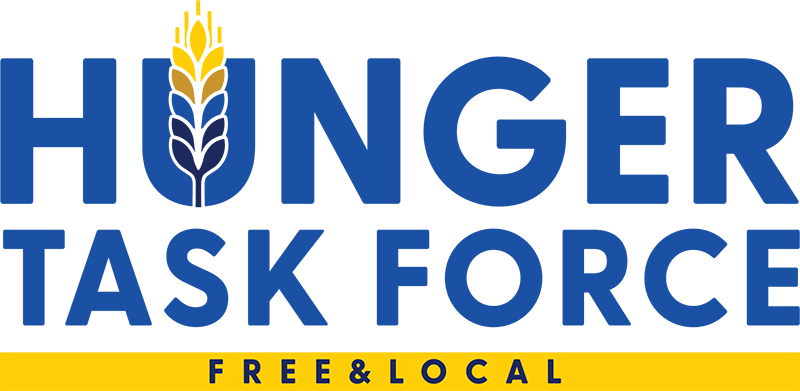Unlocking Resources, Preserving Dignity: The Crucial Role of Pantry Intake Conversations
The Hunger Relief Federation strives to assist over 130 members in 58 counties across Wisconsin. While we work on many issues affecting communities, primarily in rural and remote spaces, we collaborate on client interviews – a vital first step toward ending hunger in the long-term. A pantry’s intake practices determine what needs a client has and assess what resources are available to them.
Intake discussions are not always easy conversations for people to have, especially in smaller communities where many people know each other, and some feel it is more difficult to preserve their dignity while seeking pantry services.
These conversations may not be easy, but they are necessary. When having these discussions, ask hard questions, like determining household income because a client may be eligible to receive FoodShare. Be sure to also find out who else lives with the client. In a home, low-income grandparents could be present who are eligible to receive a monthly Stockbox. Also, determine if a client is a parent or guardian of a child under five because they may be eligible to also receive WIC.
During the intake discussion, document the information you receive and keep adequate records of your pantry’s needs. We want to know not only what the current needs are of a client, but also what future needs might need to be met.
Many members of the Hunger Relief Federation currently experience an increase in the number of people being served alongside the increasing cost of food. Having as many clients as possible fully enrolled in Federal Nutrition Programs is the key to helping your organization survive long-term because the more programs in which they enroll, the fewer clients will need from your pantry shelves.
We can’t help everyone who needs help if we don’t know they exist. We need to do all we can to discover people’s stories and get a better sense of where they’re coming from intake conversations. Only then can we connect them with the resources they’re eligible for and help them build economic mobility.
We believe everyone should have access to healthy, nutritious food with dignity and respect. That’s why the Hunger Relief Federation will continue to advocate for stronger nutrition policies and do all we can to help our members commit to better intake practices across the board.

